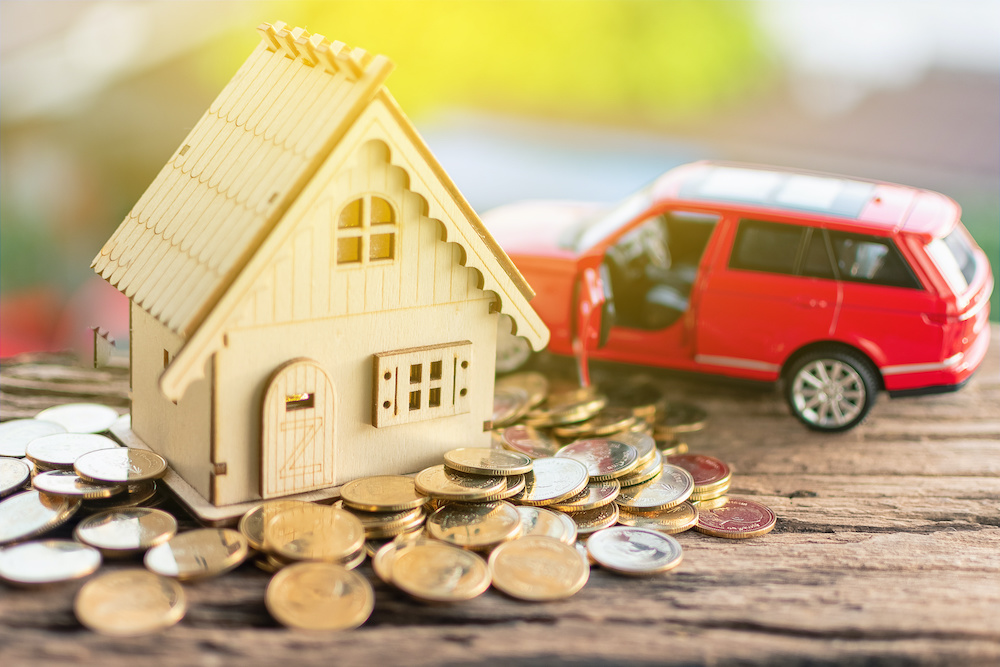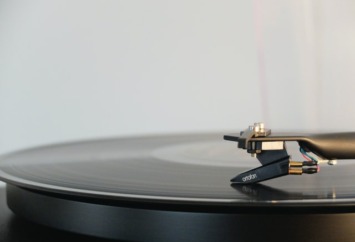Many Americans would find the idea of living without a car hard to imagine. Getting your license at 16 is a right of passage, and having a car after that seems normal. We need our car to get to the store, work, and take our kids to school. A car is a necessity for many, but is your car an asset, a liability, or perhaps, both?
Important Terms To Know
Before we determine if a car is an asset, it is essential to establish what we mean when using the terms ‘asset’ and ‘liability.’
Asset
An asset is a resource owned or controlled by an individual or entity that confers a positive value. This value could be economic – your asset makes you wealthier – or it could improve your quality of life.
In accounting, we divide assets into tangible and intangible assets. A tangible asset is something that you can see and touch. An intangible asset improves quality. For example, if you visit Argentina, your trip will be more pleasurable if you speak Spanish. The ability to speak Spanish is an intangible asset. Your car would seem to be a tangible asset by this definition.
Liability
A liability is an obligation that has not yet been settled or something that costs you money. For example, a mortgage is a liability, as you are liable to pay back the debt in its entirety. Liability can also refer to something that detracts from the overall performance. For example, a football player who doesn’t follow the game’s rules is a liability to the team.
If you accept these two definitions, you might believe that your car is both an asset and a liability.
Is Your Car An Asset?
Let’s break this question down before we give you our answer.
Determine The Use Of Your Car
If you live in an area with little or no public transportation and you live far from your place of work, your car is an asset. You need your car to get to work. A car may also be necessary for shopping, travel, recreation, appointments, etc.
You can also use your car to make extra money that you couldn’t make if you didn’t own a car. For example, driving for Uber or delivering packages for Amazon both require a car.
Does Your Car Have Any Equity?
Generally, a tangible asset has equity, which is the potential resale value. However, you might find, in some circumstances, that your car has negative equity. This is usually the case when purchasing a car and taking out a loan to pay for the purchase.
Imagine that you have taken out a loan of $30,000 to cover the full cost of your new car. Your car loses value as soon as you drive it off of the lot. Unfortunately, the looming debt and second-hand value have tainted that lovely new car smell. Until you have paid enough of the loan back so that selling your car covers the outstanding debt, you have negative equity on your car. You will often hear this referred to as being “flipped” or “upside down.”
Regardless, as long as your car operates and is in “okay” condition, it has value. It can, therefore, be classified as an asset.
Yes, Your Car is Depreciating
Commonly, people make two crucial purchases in their life. The first, and most expensive, is buying a house; the second is buying a car. There is an important difference between the two purchases.
A careful homebuyer can reasonably expect to make a profit on a house when they decide to sell. Despite economic downturns, a house can be viewed as an investment, and buyers can move up the property ladder to reinvest their earnings.
This is not the case with a car. A car loses value, and you cannot buy a better model from the proceeds you get from selling your old car. If you want a bigger and better car, you have to finance it from another source.
Determine The Costs Associated With Operating Your Car
Your car may seem to have an insatiable appetite for your money. Costs to operate your car may include
- gas
- oil changes
- body repairs
- car washes
- tire rotations or new tires
- monthly vehicle insurance fees
- yearly state registration fees
- personal modifications
Indeed all of these costs make us think that a car is a liability!
Does Your Car Add To Your Qualify of Life?
For some people, the daily commute to and from work is a dull chore. Or the school pick and drop-off line make you want to pull your hair out. But not enjoying these routine drives does not make your car a liability. It may be an asset to sit in an air-conditioned car waiting for traffic to move.
Many of us derive pleasure from our cars as visiting friends, going camping, or taking a road trip is fun. Utilizing your car to spark daily joy can be seen as an asset.
Alternatives To Buying A Car
If you don’t need a car to get to work or take your children to school, you might consider renting or borrowing a car when the need arises.
Nowadays, you can have your groceries delivered to your home; you could use rideshare for date nights or rent a car for your extended vacation. You might find that you save a lot of money and cut out most of the liabilities and costs associated with owning a car.
Final Thoughts
Perhaps, when we are talking about cars, ‘asset’ is the wrong term to use. If a car is an asset, it is an exceptional asset that carries liabilities with it. These costs can be reduced or cut out by renting a car when necessary.
We should view our car as a tool that enables us to do certain things. It is an asset, as you wouldn’t be able to do these things without it. The real asset, however, is not the car itself but your ability to drive it. Your driver’s license is your true asset!




